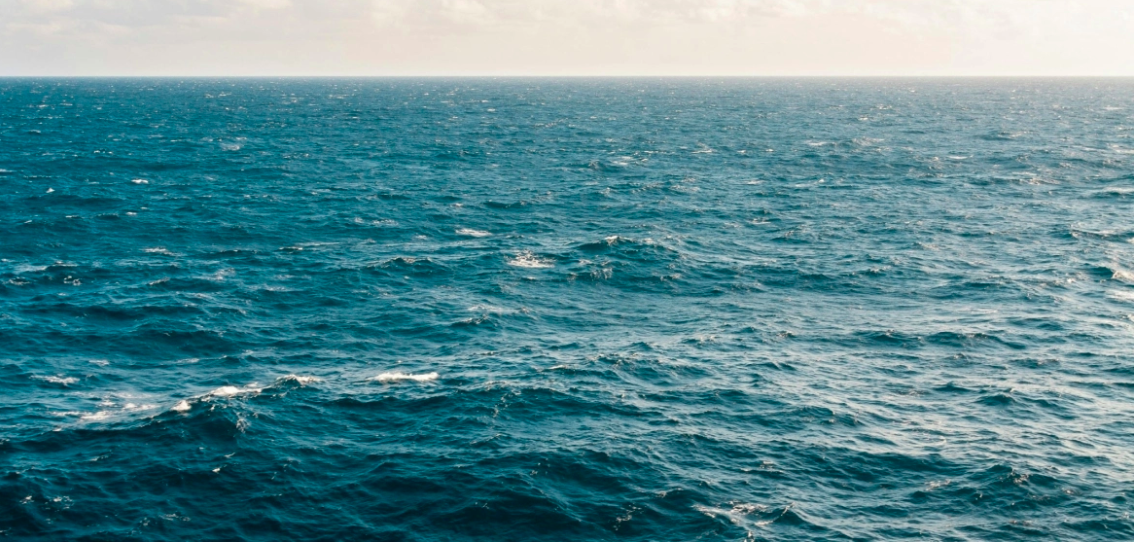Unprecedented Heatwaves in Greek Waters
Greek seas experienced record-high temperatures during the summer of 2024, making it the hottest summer in the last 40 years, according to a study by researchers from Aristotle University of Thessaloniki, the University of the Aegean, and Democritus University of Thrace. Using satellite observations since 1982, the study revealed extreme heat conditions across the Aegean, Ionian, and Cretan seas.
Researcher Vasilis Kolovogiannis from the Department of Oceanography and Marine Biosciences at the University of the Aegean highlighted that the northeastern and southeastern Aegean, the southern Cretan Sea, and parts of the Ionian were most affected. He emphasized that the temperature increase extended beyond the surface, reaching significant depths, signaling a cumulative warming effect.
Deep and Prolonged Heatwaves
The study found that high temperatures extended up to 50 meters in certain areas, disrupting usual cooling mechanisms like the inflow of cooler Black Sea waters and the coastal upwelling of colder masses. Additionally, prolonged marine heatwaves persisted in the northern Aegean until August 2024.
Yannis Androulidakis, Associate Professor at the University of the Aegean and a co-author of the study, noted a continuous increase in sea temperatures during Greek summers, with a rise of over 0.5°C per decade. In 2024, temperatures reached up to 30°C in some regions, particularly in the northern Aegean and Thermaikos Gulf.
Impact on Ecosystems and Fisheries
Androulidakis explained that extended marine heatwaves have detrimental effects on ecosystems, such as thermal shocks in aquaculture. For example, mussel farming in the Thermaikos Gulf suffered significant losses due to the extreme heat, resulting in economic damage and reduced production capacity for future years.
Kolovogiannis added that rising sea temperatures facilitate the invasion of warm-water species, especially in the southern Aegean and Cretan Sea. Changes in oxygen levels and other biological disruptions also stem from this warming trend.
Correlation with Extreme Weather Events
The researchers linked warmer seas to more intense weather events, such as Mediterranean hurricanes (Medicanes). Androulidakis explained, “These systems draw energy from warm waters, and as seas heat up, such phenomena are becoming more intense and frequent.”
Need for Monitoring and Research
Androulidakis stressed the urgent need for comprehensive monitoring, as existing infrastructure is insufficient. “Currently, only one operational station remains in northern Crete, in the Cretan Sea. A robust network of observation stations could significantly enhance our understanding of sea temperature trends and their impacts,” he said.
The study, co-authored by Yannis Androulidakis, Vasilis Kolovogiannis, Christos Makris, and Yannis Krestenitis, represents a collaboration between researchers from the Department of Oceanography and Marine Biosciences (University of the Aegean), the Department of Civil Engineering (AUTH), and the Department of Civil Engineering (DUTH).
Ask me anything
Explore related questions





